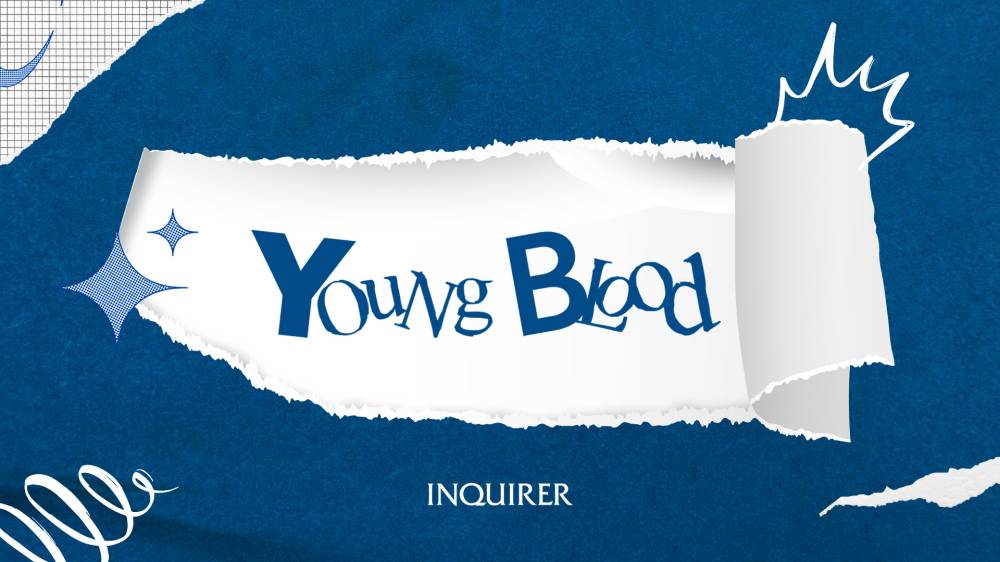Perks of the chronically online

If you spend enough time on the internet, not just scrolling but really absorbing its strange rhythm, your brain eventually gets rewired. You don’t just see memes; you understand them. You don’t just laugh at trends, you anticipate the punchline before it lands.
Someone says, “Ang aking kasagutan ay …” And without missing a beat, you whisper, “Hindi po, Ate.”
Welcome to the club.
What does it mean to be chronically online?
To be “chronically online” is to have lived through the evolution of the internet, not as a bystander but as a participant. You weren’t just there when TikTok blew up; you survived the rise of Tumblr, the chaos of the Facebook Notes era, and the golden age of Twitter when we all thought we were philosophers at 140 characters.
You didn’t just exist online. You grew with it, memes, discourse, and all.
Sure, your screen time report might say up 57 percent this week (again), but being online too long also comes with its perks. Somewhere between the doomscrolling and bardagulan, you actually learn a few things about culture, humor, politics, and even yourself.
Perks? Oh, we have perks.
1. You’re pop-culture fluent.
You don’t just get the joke, you predict it. From “It Girl” tweets to drag race references, you speak fluent internet. Lines like “You look like Linda Evangelista” or “Mother is mothering” aren’t just memes; they’re cultural markers. You belong to an unofficial community that’s somehow faster, funnier, and sharper than most newsrooms.
2. You get the news before mainstream media does.
Before headlines hit TV, you’ve already seen the thread, watched the TikTok breakdown, and read the quote-retweets. Let’s face it: X (formerly Twitter) is where stories break, and being chronically online means you’re already two steps ahead.
3. You develop a sharp cultural filter.
Being online means witnessing multiple realities collide. You see how Gen Z jokes, how millennials cope, how “titas” comment in caps, and how everyone argues in wildly different ways. You learn nuance. You start to understand context, something we often lose offline.
4. You know when it’s a joke and when it’s dangerous.
You can tell when something’s just “bardagulan” or when it’s low-key bigotry disguised as humor. That awareness is digital literacy, and it’s a skill not everyone has.
5. You know how to read the room.
Trends are about tone. From “girl math” to “coquette core,” you’ve learned to vibe-check, code-switch, and communicate exactly how your niche will understand you. That’s communication strategy, whether we admit it or not.
It’s not just humor. It’s history.
We may laugh at trends like “Delulu is the solulu” or the viral “Ang aking kasagutan ay …” moment, but these are more than jokes. They’re time stamps of how Filipinos process collective emotions.
During the 2022 elections season, meme pages and TikTok creators became political commentators, turning campaign slogans and chaos into humor that revealed both frustration and hope. When the “Unahan mo na akong magmahal ulit” audios flooded TikTok in 2023. It wasn’t just heartbreak content; it was digital catharsis. And when someone tweeted, “Swerte tayo kung mahal tayo pabalik,” it summed up the hopeful realism that defines our generation.
The internet is our timeline: emotional, political, and cultural. Being online as a Filipino means living through our collective moods one meme, one cancellation, one campaign at a time.
But let’s be honest, it also gets exhausting.
You get tired: Of the noise, the performative “wokeness,” the same discourse looping every three months like a toxic ex.
Sometimes you catch yourself thinking, am I even allowed to log off?
Still, I choose to stay, but smarter.
Being chronically online isn’t the problem. The problem is when we consume more than we reflect. When we scroll more than we breathe. When we engage more than we heal.
These days, I stay online, but slower. I curate what I consume. I ask myself: Will this make me laugh, learn, or love better?
If not, I scroll past. Quietly. Without engaging. Without having to win the argument.
Yes, there are perks to being chronically online. But the best perk?
Knowing when to laugh, when to care, when to share, and when to simply say: “Ang aking kasagutan ay hindi po, Ate.”
Because not every take deserves a response. And not every trend deserves your peace.
Jaycee M. Manansala, 29, is the career services manager of Far Eastern University Pampanga. He teaches tourism and hospitality and occasionally writes about culture, digital life, and human behavior.

















